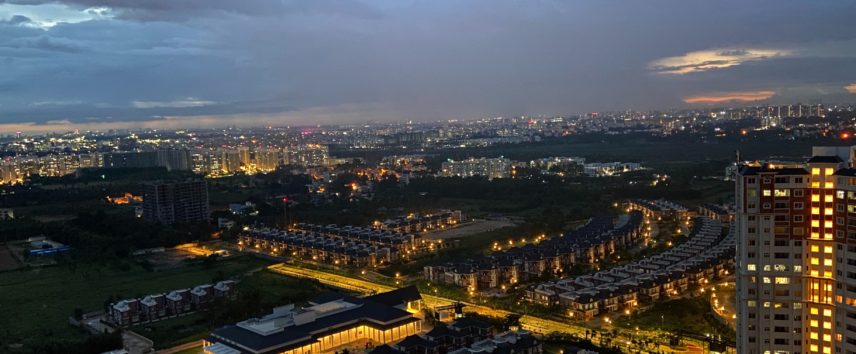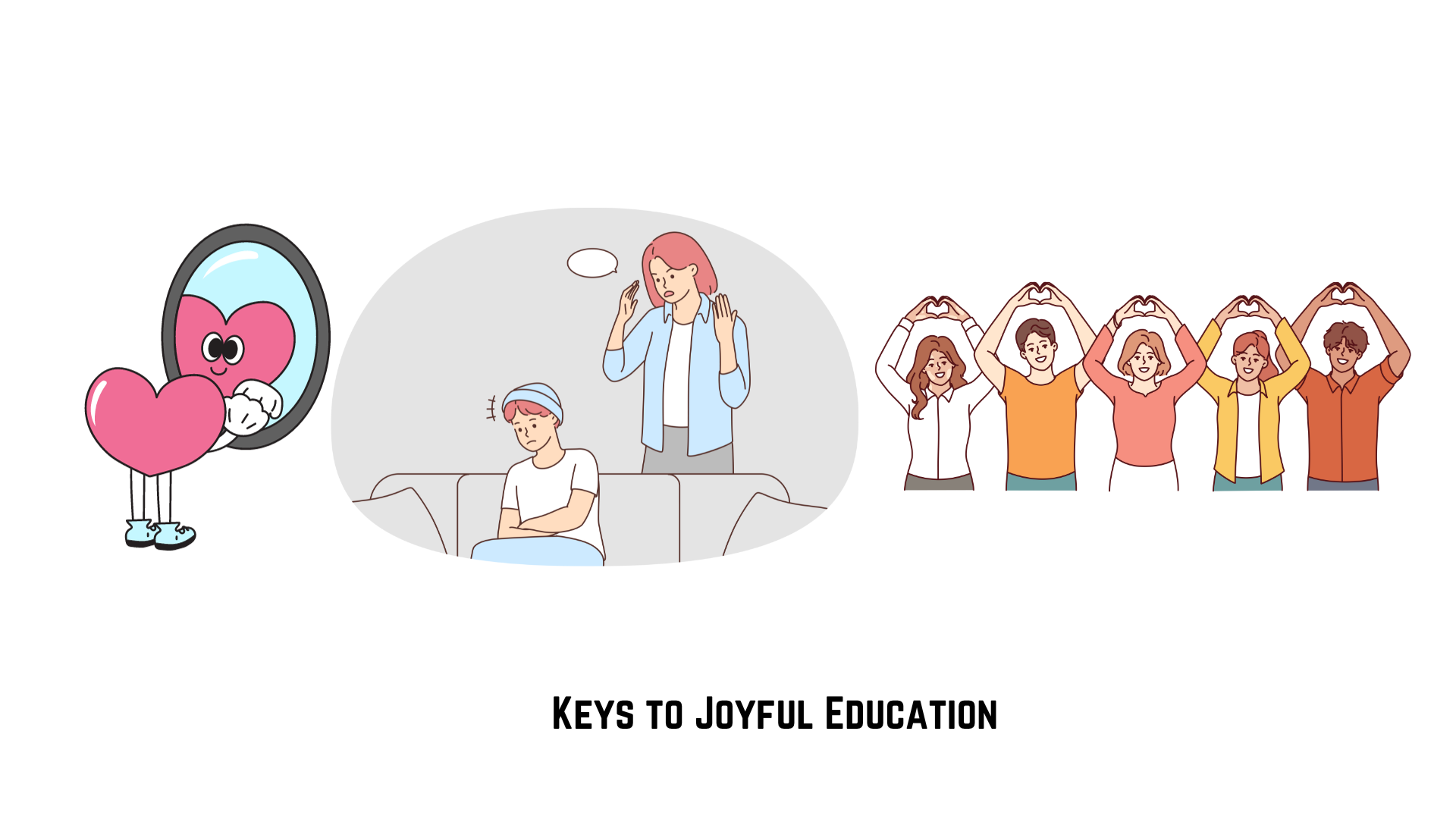Trending Now
- 830 voters names go missing in Kavundampalayam constituency
- If BJP comes to power we shall consider bringing back electoral bonds: Nirmala Sitaraman
- Monitoring at check posts between Kerala and TN intensified as bird flu gets virulent in Kerala
Columns
Congress wrong in disrupting winter session of Parliament: poll
![]() December 22, 2015
December 22, 2015
New Delhi: The Congress believes it is right in obstructing Parliament. However, a survey by instaVaani reveals that three out of four people think it is wrong in disrupting the ongoing winter session.
An overwhelming proportion—nine out of 10 people—say political parties need to collectively take responsibility and accord priority to legislative business.
Significantly, only 24% of those surveyed said the Congress is right in obstructing Parliament, compared with 43% in August, suggesting a clear erosion of support for its actions.
Like the monsoon session, the ongoing winter session is heading for a washout. The session has seen little business transacted, especially in the Rajya Sabha, following disruptions led by the Congress. Unlike in the Lok Sabha, the National Democratic Alliance (NDA) is in a minority in the upper House.
The survey, which was conducted among 522 people across the six major metros of New Delhi, Mumbai, Kolkata, Chennai, Bengaluru and Hyderabad, found that 76% of the respondents said the opposition led by the Congress is not right in disrupting Parliament.
In what will put pressure on the Congress and other political parties who are at the centre of the protests, 89% of respondents wanted all political parties to show collective responsibility and ensure priority to legislative business.
“It is not fair to comment on a survey because we have not seen the full report. There are crucial bills which need to be discussed in both houses of Parliament. The government has so far not succeeded in building consensus but talks are going on. These are very important bills and different parties have different views on it. The government should accept views from all political parties and incorporate them in the bills. We have opposed some of the bills because our views differ from those of the government,” said a senior leader of the Congress, not wanting to be named.
“The Congress party under its president Sonia Gandhi has stalled legislations and development work because the NDA government has taken a zero-tolerance stand against corruption. The cases against Karti Chidambaram, Himachal Pradesh chief minister Virbhadra Singh and the recent National Herald case are all old cases which were not started by the government,” said Shrikant Sharma, national secretary of the Bharatiya Janata Party (BJP).
“The Congress is blocking development of the country by not allowing Parliament to function. Once the winter session is over, BJP will lead a nationwide campaign against Congress on corruption,” Sharma added.
Separately, Supreme Court judge A.K. Sikri said political parties needed to strike a consensus on a policy agenda. He was speaking on the sidelines of the annual general meeting of industry lobby Federation of Indian Chambers of Commerce and Industry on Friday.
“If a few parties can come together to form a government with a minimum common programme, why can’t all the parties think of a minimum common programme in the interest of the country?” he asked.
“Why not have certain issues, those issues which will be for economic development, maybe social issues also, and other kinds of issues? Why should we not shed our party politics, come together, sit together, all the leaders of the different parties, and devise some common programme for the development of the country? It may include GST (goods and services tax), it may include SEZs (special economic zones), it may include even land acquisition.”
Meanwhile, at an all-party meeting called on Friday by vice-president Hamid Ansari, who is chairman of the Rajya Sabha, members of the NDA and the opposition parties agreed that the upper House should function without any disruption for the remaining three days of the winter session. They, however, failed to agree on allowing passage of the legislation to enable GST.
“There is no consensus on the passage of the constitutional amendment bill to allow rollout of GST, but the parties have agreed to pass other pending bills. Another crucial legislation, the real estate bill, can also be taken up for discussion next week and there is a possibility that it will also be taken up for discussion in the three remaining days of the winter session,” a member of the NDA who attended the meeting said on condition of anonymity.
In the meeting, the parties agreed that legislative business must be carried on without any disruption and crucial bills like the Scheduled Castes and the Scheduled Tribes (Prevention of Atrocities) Amendment Bill, 2015, the Whistle Blowers Protection (Amendment) Bill, 2015, the Anti-Hijacking Bill, 2014 and the Child Labour (Prohibition and Regulation) Amendment Bill, 2012 should be debated and discussed in the upper House.
Interestingly, 67% people interviewed for the instaVaani survey said scrapping the anti-defection law will result in better functioning of Parliament.
“The Anti-Defection Act of 1985, by forcing parliamentarians to vote along party whips, has rendered parliamentary debate moot. It is impossible to see in India a debate like the recent debate in the UK on sending troops to Syria (where a majority of the Labour shadow cabinet supported the motion in defiance of their party whip),” said Karthik Shashidhar, Bengaluru-based analyst and a Mint columnist.
“This leads opposition parties to believe that there is no constructive mechanism for them to influence debates and parliamentary procedures, encouraging them to resort to obstructionist tactics,” he added.
“It is unfortunate that Parliament is not functioning and repeated sessions are facing washouts with little work being done. Apart from the financial burden, economic and agricultural reforms are suffering. It is difficult to understand why the Congress is not allowing Parliament to function, repeatedly blocking crucial legislations,” said A.K. Verma, Kanpur-based analyst and political science professor at Christ Church College.
Gyan Varma Anuja
Disclaimer:The views expressed above are the author’s own






















